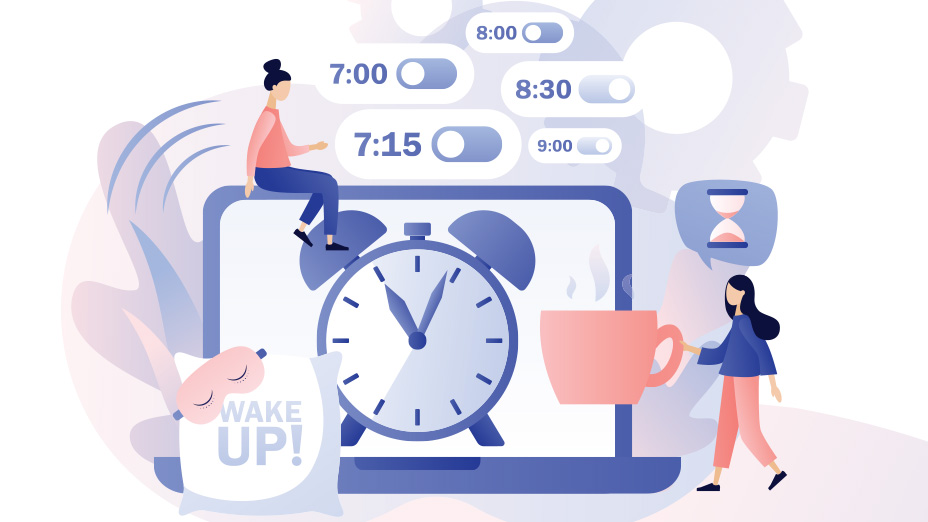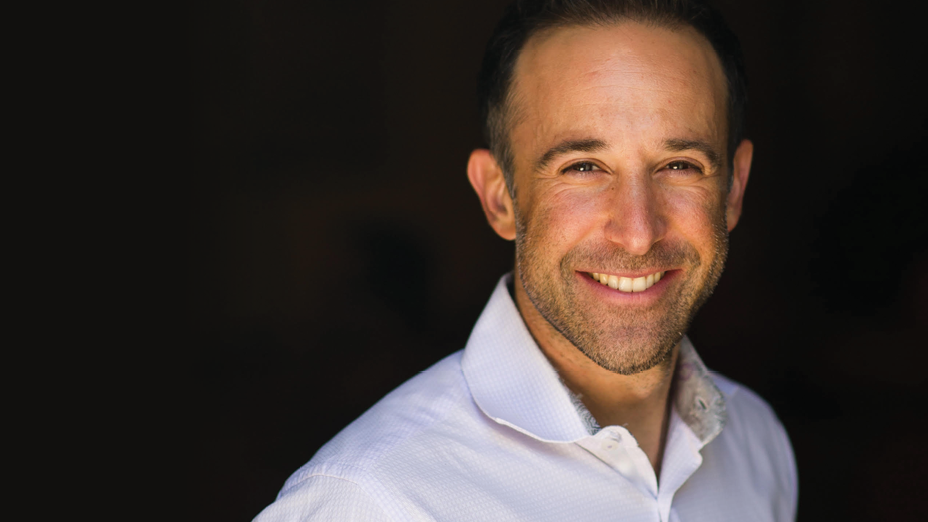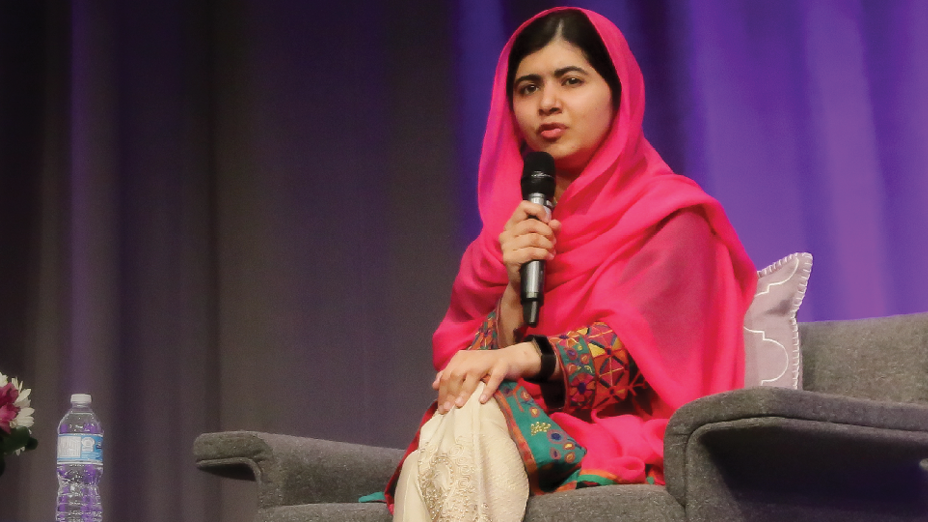For several years, Rick, a friend of mine from my Yahoo days, had a typical twenty first century morning routine. When he woke up - usually springing out of bed right after he slapped his alarm off - he fired up the coffee pot and booted his laptop. He downloaded his emails, many of which had come in earlier that morning from the East Coast. He’d answer a few, fill his coffee cup, and weed-whack through the rest. After that, he’d hit the homepage of Yahoo, and a few blogs he followed, and then graze. Often he’d get sucked into a social-networking sites such as Facebook or Twitter until he realized that he was running late for work.
As he drove to work, he listened to morning talk radio, much of it either crude or political. While he waited at stoplights, he checked his email on his phone or answered texts from coworkers. At lunch, he worked out in the gym while watching CNBC and then pored over the newspaper while he ate. In the evening, he watched the evening news over dinner, and following that, a slew of reality shows or sitcoms.
After dinner he’d surf the Web for an hour, answer any emails he’d received since he left work, and then try to get some sleep before the alarm went off again the next morning.
When I met with Rick, he complained that he was becoming increasingly depressed. The first thing I asked him to do was describe his “information-intake day,” and after he did, in my best imitation of Dr. Phil McGraw, I asked him, “How’s that working for you?”
Rick’s problem was his mind diet. It wasn’t thoughtful, and it didn’t take his perspective into account. And that’s ironic because Rick is a health nut. He doesn’t eat refined sugars, red meat, processed foods, or non-organic fruit and vegetables.
He scrutinizes menu for details about ingredients and presses servers for nutritional information about items he’s considering. When it comes to mind food, however, he piles it on like rock candy and double cheeseburgers.
When I shared with him the mind diet I’m about to share with you, it led to radical change in Rick’s attitude and level of confidence. When he realized that his mind “ate”, just as much as his body did, with good or bad results, he changed his information lifestyle, got some new friends, and took back his point of view.
You should be as careful about what you put into your mind as about what you put into your mouth. Your mind is a machine. When you ingest a piece of information, your mind goes to work, chewing on it, digesting it, and then converting it into a thought.
When good stuff goes into your mind, good thoughts emerge. People who maintain purposeful mind diets of positive stimuli think healthy thoughts. Moreover, if you don’t give yourself some ‘offline zones,’ technology will become your best friend - and that’s not a balanced or healthy way to live.
Regardless of which association you lead, the last few years have been jump-out- of-bed-and-hustle times for you. This is especially true in our great state, that battles with everything budget to the real estate bubble. Many of you will really relate to Rick’s always on lifestyle - and wonder how you can break out of this treadmill.
And it’s important that you do, because it will impact your ability to lead. Napoleon Bonaparte once said that “the leader’s role is to define reality, then give hope.” You can’t do that if you fill your mind with either too much quantity or too little quality of information. To strike that reality/hope balance, you have to be able to master your mind, learn to absorb life’s circumstances with a sense of confidence and empower yourself.
If you’d like to take back a piece of your life, it starts with your morning. People often say breakfast is the most important meal of the day, and they are right. But it’s not just good for your body, it’s critical for your mind as well. If you start out like Rick, the rest of the day will just wear on you, and you’ll often fade before five.
For years, I have focused my mornings on gathering strength and calm for the day. I do not go online for the first hour, my eyes are open - unless there is a must-do reason for it. Instead, when I first wake up, I spend five minutes doing a gratitude exercise, where I think of two people who helped me yesterday and one that will help me today. The first thing I do (after starting the coffee) is send a note to one of them or at least log it in a journal. That’s a doing-exercise that paints me into a positive corner for the day. It also programs into my psyche that I am not alone in this world - that there is people who are following or assisting me towards the goal.
I set aside about thirty minutes just to read from a good source: one that either inspires, informs or empowers me. Usually, books are my number one resource, because they offer the richest set of stories and data. I try and read at least one book every month, mostly in the mornings or when I travel.
At the end of this morning program, I spend the last five minutes rehearsing my day to come with my daily calendar. I visualize the situations to come, the course with its obstacles, and my successful completion of everything I’m going to do. When my schedule is especially packed, I call this exercise “Working Out My Dance Moves.” The more detail and hurdles you put into it, the more relaxed you’ll be later that day when many of them pop up and you think - “I was waiting for you!”
When I do start my official work day, I also ease into it by focusing on a creative task to kick it off. I never just ‘dive into my Inbox’ or deal with highly technical issues first thing. Over the course of the day, through my extra energy and focus, I find myself being much more productive than when I had a morning routine like Rick’s.
So, please, try this at home. What’s the worst thing that can happen? An email waits in your Inbox one more hour? One of your managers will have to make a decision without you? You own your technology and information - don’t let it own you. With all the new types of media coming out, and smart phones all but being installed on your hip, you need to be vigilant when it comes to your sanity.





.png)
.jpg)



What Did You Think?